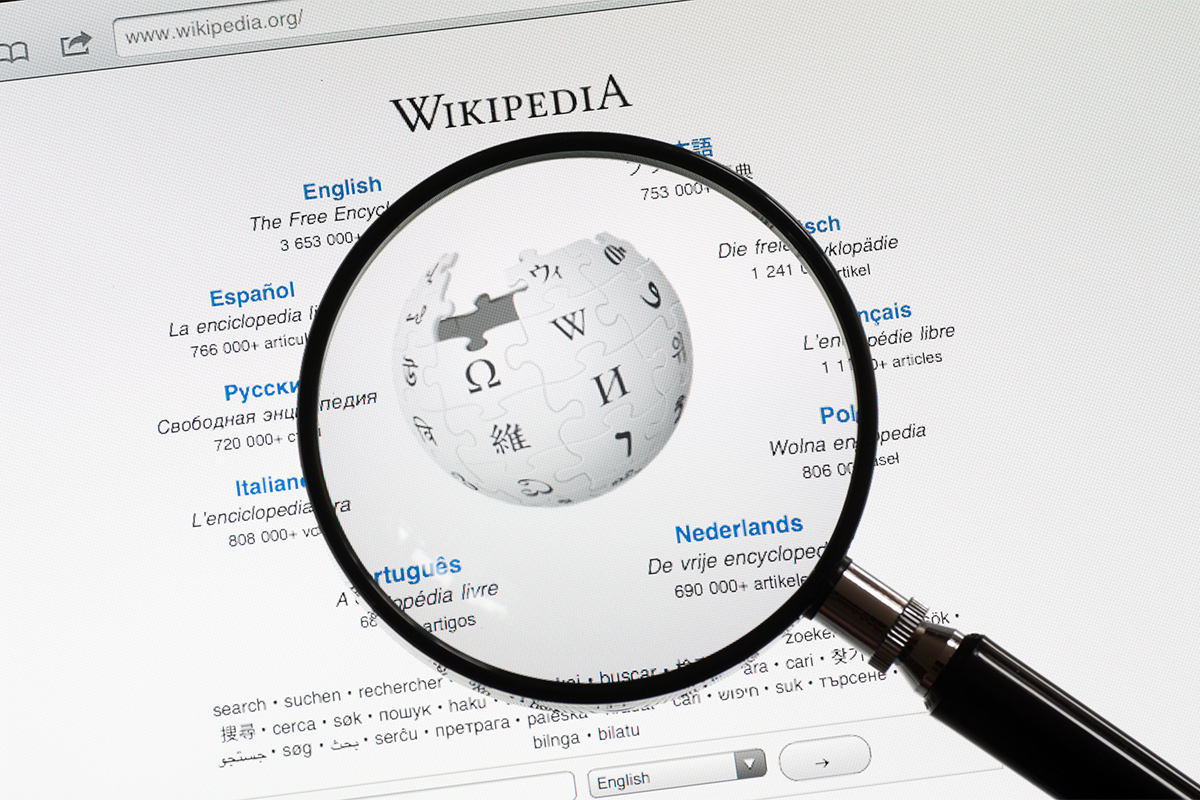Wikipedia on Tuesday introduced a “Universal Code of Conduct” aimed at addressing negative behaviour, misinformation and harassment on the site.
The code, launched by the Wikimedia Foundation—the nonprofit that administers Wikipedia, aims to thwart efforts to distort and manipulate content on the global online encyclopaedia.
Advertisement
Katherine Maher, CEO of the Wikimedia Foundation said, “Our new universal code of conduct creates binding standards to elevate conduct on the Wikimedia projects, and empower our communities to address harassment and negative behaviour across the Wikimedia movement.”
“This code will be a binding document for anyone that participates in our projects providing a consistent enforcement process for dealing with harassment, abuse of power, and deliberate attempts to manipulate facts.”
More than 50 per cent of the global population has access to the internet, an increase that has been linked to polarisation, and rising violence from online speech against marginalised groups and ethnic communities according to a report from the Council on Foreign Relations.
“Given these trends, it is more important than ever for the Foundation and the volunteer community to strengthen accountability for content on Wikimedia projects including Wikipedia, the world’s largest online encyclopedia, as well as the policies that govern user behaviour”.
More than 1,500 Wikipedia volunteers from 19 different Wikipedia projects representing five continents and 30 languages participated in the creation of the universal code of conduct.
The new code is 1,600 words, where the Foundation and the community clearly define harassment and unacceptable behaviour.
The code also aims to prevent the abuse if power and influence to intimate others and deliberate addition of false information.
The move is aimed to address the heightened pressure on internet platforms to controls manipulation, disinformation which may result in tension or promote discord or violence.











